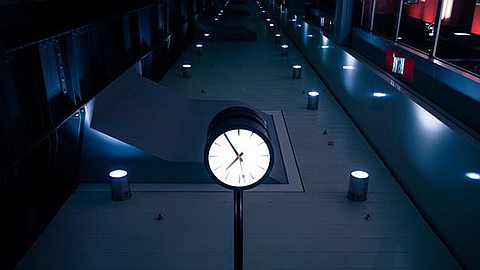How to Think Like a Scientist

Linda Gottfredson, a professor at the University of Delaware, shared the techniques she uses in her article Pursuing Patterns, Puzzles, and Paradoxes. To get the full context you should read the entire article, but here are some important strategies I distilled that can help all of us when trying to solve puzzles or mysteries of any kind, not just those in science.
1. Pursue what appears to be a paradox. It will force you to reexamine the full body of evidence with new eyes.
Linda defines a paradox as “two well-established findings that seem to contradict each other.” There are a number of advantages to pursuing a paradox. First, because there is a specific contradiction to explain, this focuses the space in which you can think about the problem. Second, this “forces one to break set, suspend judgment, and re-examine the deepest conceptual and analytic foundations on which the conflicting conclusions rest. One must look at evidence with new eyes.” Finally, you must cast a “wide net for new ideas and evidence…for embracing the totality of evidence to the extent possible. Seeking relevant knowledge in unfamiliar disciplines increases the odds of serendipitous insights and allows novel empirical patterns to emerge.”
2. Spot contradictions and novel patterns by going on cross-disciplinary research expeditions.
Sometimes parts of a contradiction or pattern can reside in very different disciplines; therefore it is important to read the literature in disciplines outside your own. Linda discovered that only by reading and translating the literature in fields outside her own did the full body of evidence surrounding a problem become apparent. “My experience is that solid, replicable contradictions are more likely to come into view when juxtaposing contrasting bodies of thought and evidence. The contradictions will not be obvious to the disciplinary tourist, but will materialize only after immersion in some part of the foreign discipline…Doing interdisciplinary research is like moving to a foreign land with a different history, language, and culture.”
3. Focus on data and methods. Ignore the author’s conclusions.
In every scientific paper there are usually long introduction and discussion sections. These are justified as necessary for scientists to convince their peers why their paper adds something new to the literature. However, when you are doing cross-disciplinary research what really matters is the structure of the full body of evidence rather than any authors’ particular interpretation of their data in one paper, which is oftenbiased. “To understand the empirical evidence, I focus on data and methods. I mostly ignore the authors’ own conclusions except as they challenge my own or help me understand how the field reasons.”
4. Don’t rely on fancy statistics or mathematical modeling: They can obscure the structure of evidence.
It is not uncommon to open up a journal article and discover fancy statistics or mathematical models covering the pages. Unfortunately, these methods are sometimes used to impress scientific peers and may not actually be necessary and even misleading. “I like statistics and mathematical modeling, and read about them for pleasure when I can. But when mechanically applied as accepted methodology, they are apt to obscure rather than illuminate the structure of evidence…I remain skeptical of all statistical and mathematical modeling procedures that pre-process evidence while leaving little trace of its original structure. Hence my preference for starting out close to the data by scrutinizing frequency distributions, means, standard deviations, how variables are actually measured, degree of measurement error, zero-order correlations, and sample composition.”
5. There is no single formula for doing good science. Be open to have your basic presumptions shattered.
Linda sums up her strategies for solving scientific mysteries: She reads "widely on phenomena that intrigue me, pin down why perspectives on them differ and what each has to offer, try to locate the essential core of available evidence, not put much stock in any single study or piece of evidence, watch for recurring patterns in the most reliable data, think through likely counterarguments, and look hard for holes in my evidence and logic. Most important, be open to have your basic presumptions shattered. As with good mystery books, the endings are often not what you expect.”





